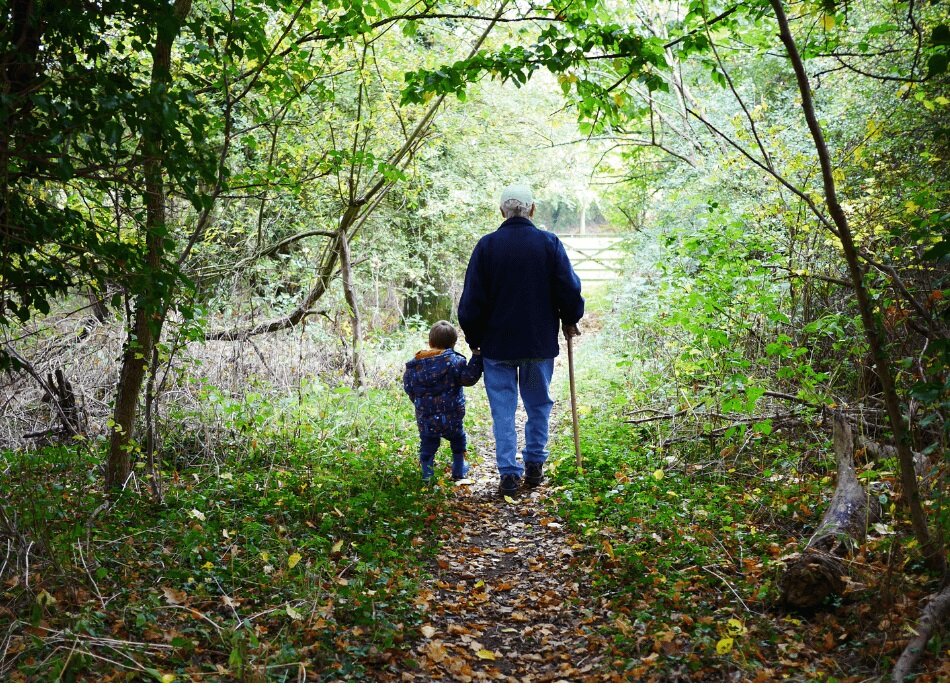- Exercise is vital for people with Parkinson's.
- It improves overall health and well-being, and appears to improve your body's reaction to dopamine.
- Aim for a minimum of 20–30 minutes of daily exercise, including stretching exercises (these are especially helpful).
- Always consult your doctor/GP before starting any new exercises.
- Many people also find helpful complementary therapies that aim at easing stiffness and improving strength, balance and energy. Read more about Parkinson's and complementary therapies.(external link)
- A healthy diet is also encouraged as this will give your body the nutrition it needs to stay healthy.
- Everyone with a long-term condition is encouraged to get a yearly flu jab each autumn. The pneumococcal vaccination is also usually recommended. This one-off injection protects you against a serious chest infection called pneumococcal pneumonia.
- Over time, Parkinson’s may affect your ability to drive safely. As the condition progresses, you may need to adjust your driving as changes occur. Talk to your doctor about this so you can make plans to retain as much independence as possible.
- As Parkinson's progresses, you'll be invited to discuss the care you want with your healthcare team as you near the end of your life. This is known as palliative care. When there's no cure for an illness, palliative care tries to alleviate symptoms, and is also aimed at making the end of your life as comfortable as possible. Talking about what you want in advance gives you more say in where and how you would like to be cared for.
Apps reviewed by Healthify
You may find it useful to look at some Self-management and healthy living apps.



